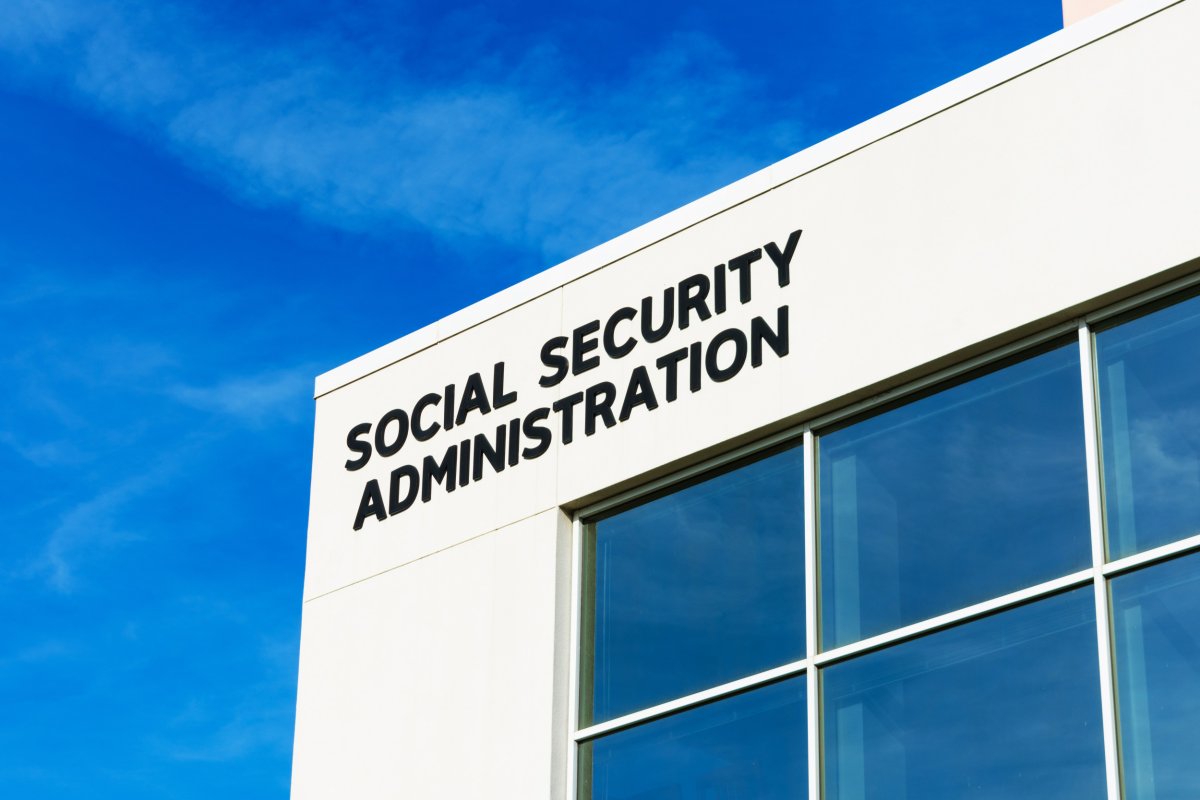A lot of people were wondering if they would still get their Social Security checks if the government shut down. The Social Security Administration (SSA) says that benefits will be paid, but other agency functions may be hampered.
One out of every five older people in the US get at least 90% of their income from Social Security. Seniors depend on these important benefits to stay afloat, and Congress’s inaction is not enough. The money for these benefits is not part of the budget process that Congress is currently talking about, so they will stay in place.
Government shutdown will impact SSA functions in the United States
As the chance of a government shutdown grows, the White House is telling federal agencies they need to have a backup plan. While these have not been made public yet, we can look at the Social Security Administration’s (SSA) plan, which was given to us by Chad Poist, SSA’s deputy commissioner for budget, finance, and management.
This is because the country was in a similar situation last year. Poist said that benefits would still be paid even if the government shut down, saying that “our ongoing operations about making accurate payments during a lapse in funding are consistent with our prior contingency plan.” Mr. Poist also brought up court decisions from previous shutdowns that said the SSA had to keep paying Social Security benefits.
This does not mean that people who get benefits will not have problems when they try to handle things related to their benefits. Some parts of Mr. Poist’s plan would stop working during a shutdown.
For example, routine tasks like replacing Medicare cards, handling Freedom of Information Act (FOIA) requests, and handling overpayments would not be done. Due to the fact that about 8,500 SSA workers will be on furlough, these duties need to be lowered. To put it another way, these government workers will not get paid until Congress passes a spending bill.
A new bill to increase Social Security benefits nears approval
The Senate agreed to a plan that will help some retired government workers get better Social Security payments. The Social Security Fairness Act was passed by the Senate on Saturday by a vote of 76 to 20.
It was not clear on Monday if President Joe Biden was going to sign it into law, but it is now on its way to his desk. Some people are against the bill because they think it could increase the government deficit and shorten the life of Social Security.

It was first introduced in 2023, and both parties backed it when it was passed by the House of Representatives. It is planned to get rid of the windfall elimination provision (WEP) and the government pension offset (GPO).
People who get Social Security benefits and also get retirement or disability benefits from the federal, state, or local government are less likely to get payments under the WEP. Because of GPOs, beneficiaries who worked for the government or for an employer who paid Social Security tax will get less money in their payments. It also changes the benefits for people whose partners worked jobs that did not pay Social Security taxes.
Critics say the new bill could increase the deficit and benefit just a few
The main people who were against the Social Security Fairness Act were Republican senators. It did not pass without fights. Some people who are against it say that it would hurt taxpayers and the SSA programs while giving some wealthy people even more benefits.
The Congressional Budget Office (CBO) says that the bill will cause the deficit to grow by almost $196 million over the next ten years. Cato Institute, a libertarian think tank, says it will increase taxpayer costs and “unfairly benefit only public sector workers.” A controversial rise in Social Security benefits would also cost taxpayers $196 billion.
Also See :- Good news – if you were born on this date you can apply for 100% retirement – it’s official!















Leave a Reply